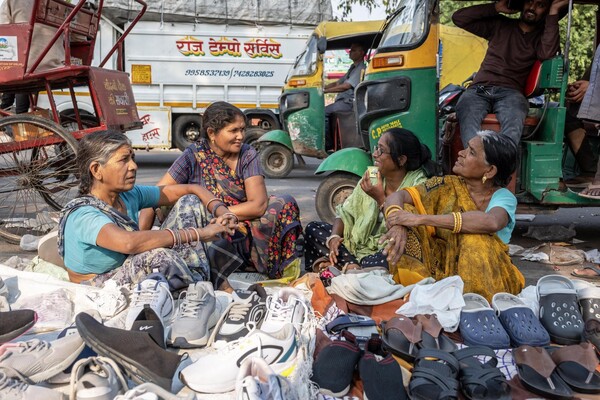
Image: Andriy Onufriyenko via Getty Images
Violence against women continues to be a pervasive problem in the United States and all around the world. One in four women in the U.S. have experienced intimate partner violence, according to the Centers for Disease Control and Prevention. And the Justice Department estimates that one in five women have been sexually assaulted during their college years. Younger and low-income women and some individuals who are members of marginalized groups are particularly vulnerable to such attacks.
To gain control over their personal safety, many women turn to R.A.D. (Rape Aggression Defense), a nationally recognized program that teaches realistic self-defense tactics and techniques. (R.A.D. also offers classes for men and seniors.)
Over the last 30 years, more than 1 million women have taken the course—including Deborah Millar, the director of community wellness and engagement for Princeton Health. “I said, ‘Oh, this is phenomenal. We have to bring this to the hospital.’”
So she approached Princeton’s foundation for initial funding to recruit and train instructors and made it happen. Since it started 15 years ago, more than 1,100 women have been trained through Princeton Health. Millar and 12 others serve as instructors for the course, which is broken down into four sessions, three hours at a time.
For many years, Princeton offered the course four times a year, but in 2018 it started to become more popular, right around the time the #MeToo movement began drawing more attention to violence and sexual assault against women. In the year preceding the COVID-19 pandemic, Millar and the other instructors conducted the trainings 13 times.
For people who have had brushes with potential or actual violence in the past, the classes can help them find empowerment and the strength to find additional supports to heal.
Millar recalls one recent incident: In the final session, participants are able to opt out of the simulated assault practice with their instructors if they prefer not to for any reason, and some do. This time, one young woman asked to speak with Millar afterward. “I wanted you to know the reason was that, a few weeks before this class started, I was raped,” Millar recalls the woman told her. “That’s why I’m here.”
Classes attract women of all different ages, backgrounds, and ethnicities, Millar says. Mother-daughter pairs show up, too.
Read more at Penn Medicine Service in Action.
Penn’s Division of Public Safety offers online self-defense courses. A sign-up sheet is available on their website.
Steve Graff

Image: Andriy Onufriyenko via Getty Images

Four women street vendors sell shoes and footwear on a Delhi street.
(Image: Kannagi Khanna)

nocred

nocred